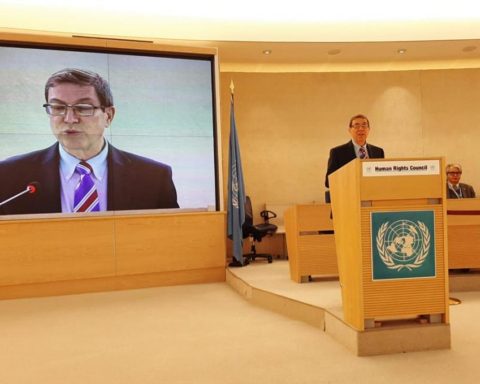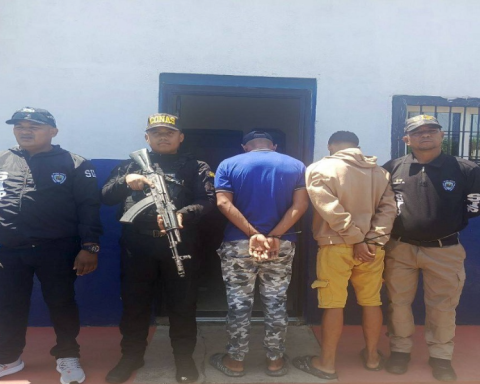The first step for a woman to escape a situation of gender-based violence is to identify the violence. It is based on this premise that the booklet was created Violence Against Women: What do you need to know?with information about the history, context and different facets of this violence. 
Available to the general public, the material was launched this Tuesday (6) by the Public Ministry of the Federal District and Territories (MPDFT), in a seminar on the occasion of the 18th anniversary of the Maria da Penha Law, created to combat violence against women.
“Every day we hear official news about women’s deaths, about all kinds of violence against women, about living under constant threat,” said Justice Cármen Lúcia, of the Federal Supreme Court (STF), at the opening of the event. “Femicide continues to be reported every day, as if we were in a society that is at war with us,” she stressed.
Femicide, however, is the last stage of a cycle of violence that begins much earlier, explains the booklet, prepared by the Public Prosecutor’s Office, in a didactic way. The material presents, for example, a “violentometer”, which alerts about less serious attitudes, but which can be early signs of possible physical violence or even the murder of the woman – from blackmail, lying and insulting, to controlling, prohibiting and confining.
The material also clarifies risk factors that increase the likelihood of violence against women, including failure to comply with protective measures by the aggressor, excessive jealousy, non-acceptance of the end of a relationship, serious financial difficulties, among others.
“It is crucial to note that physical or verbal aggression, sexual abuse and even femicide are the tragic consequences of a violent process that begins almost imperceptibly. Small acts of humiliation, control, depreciation and emotional blackmail are already warning signs that violence is present and must be confronted,” warns the booklet.
The material also provides guidance on what to do in the event of violence, such as calling 190 if the act of violence is in progress or going to a Special Women’s Assistance Unit or the nearest police station. “The victim has the right to be well attended to by the police officers, in a private manner and, preferably, by female police officers,” the booklet advises.
Another option is to contact the Public Prosecutor’s Office in your state, preferably centers that are focused on dealing with cases of domestic violence.
The Maria da Penha Law, for example, has protective measures that aim at the physical and patrimonial integrity of the victim, and which can be activated by the woman urgently, at the police station itself, regardless of the registration of the police report.
Women also have the right to receive assistance from a safety net, which should generally be provided by the health and social assistance networks in the area where they live.
The primer Violence Against Women: What do you need to know? can be found in website of the Public Prosecutor’s Office of the Federal District and Territories.

















